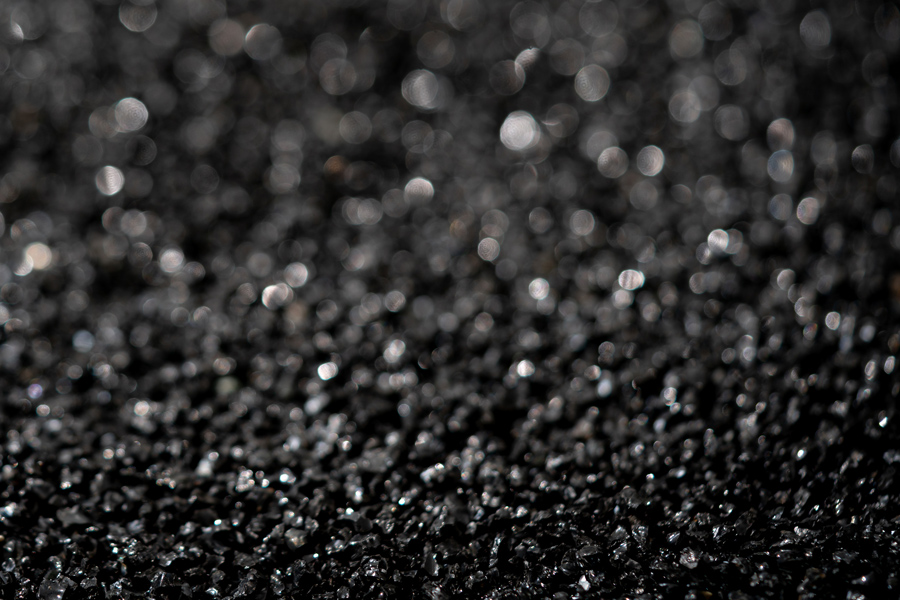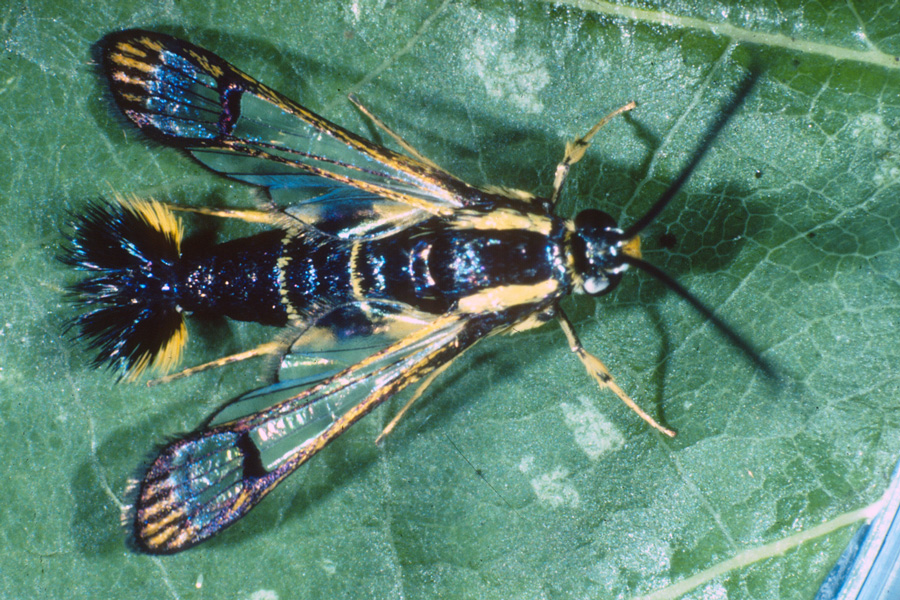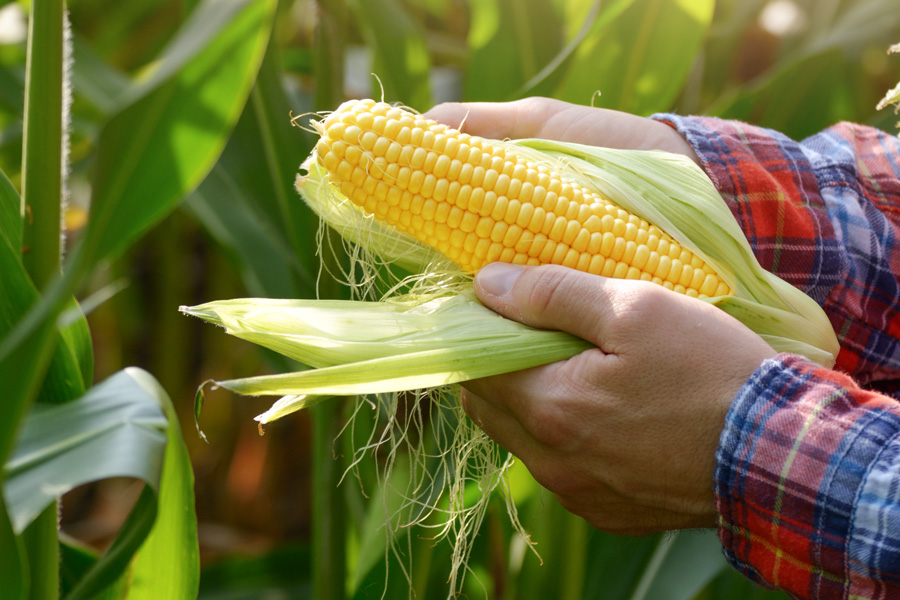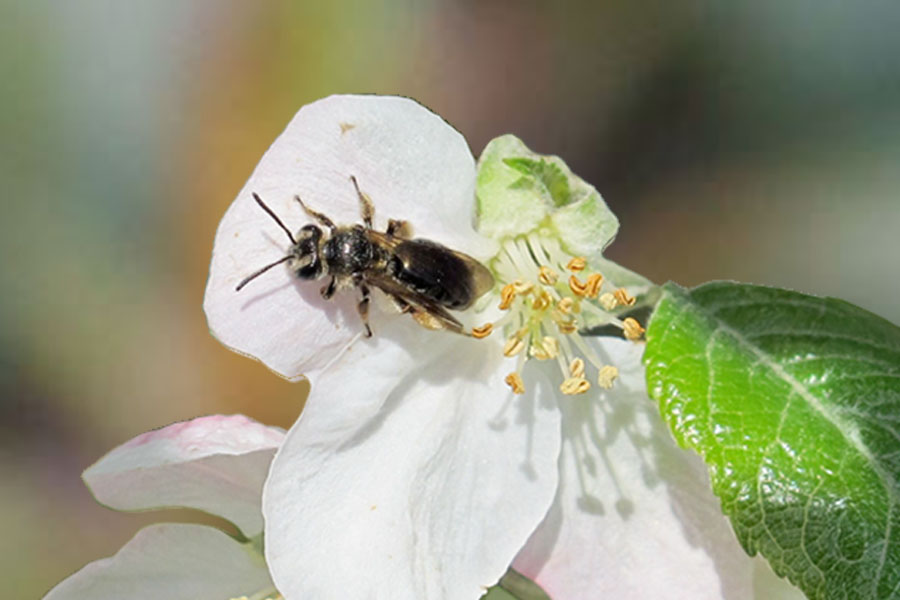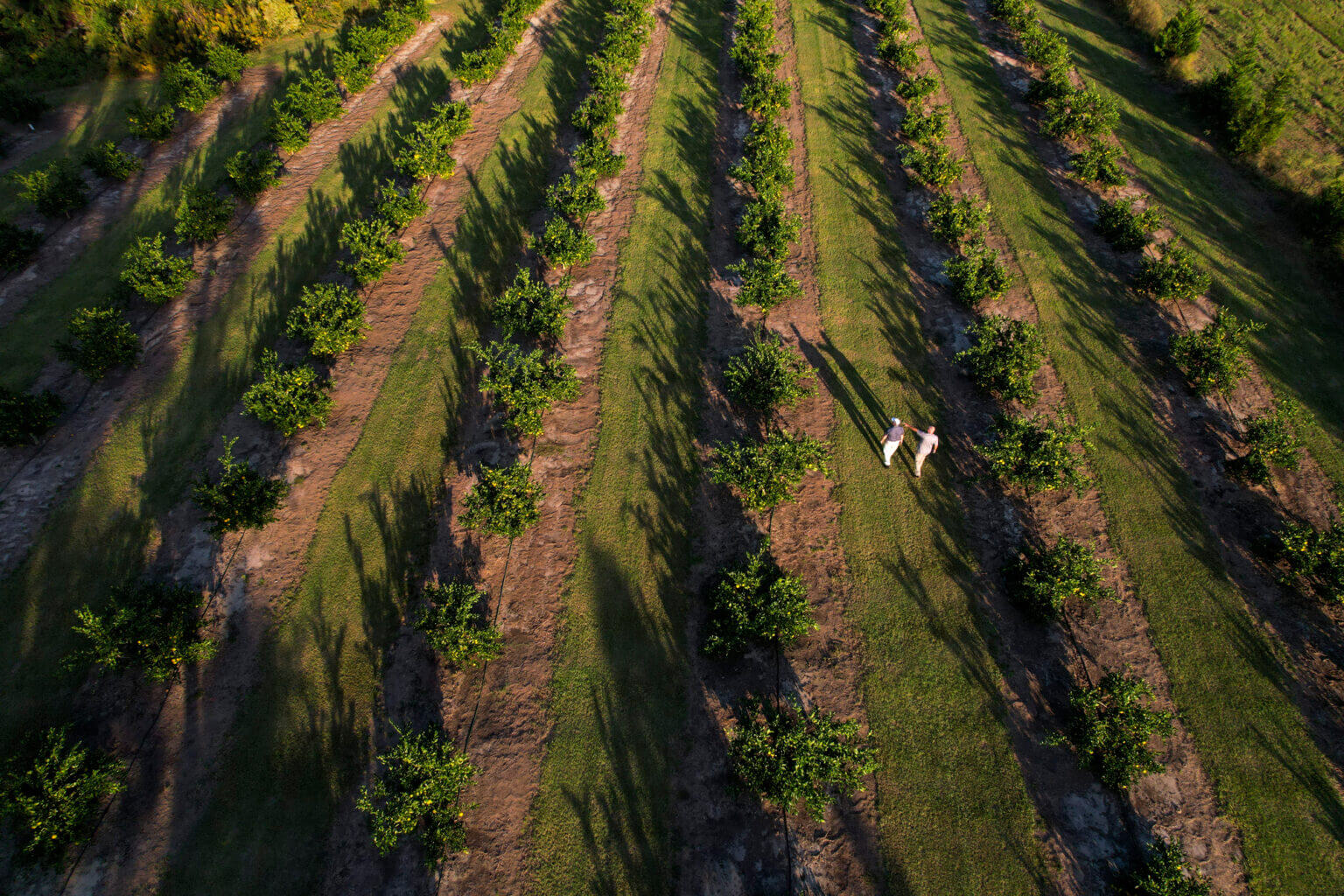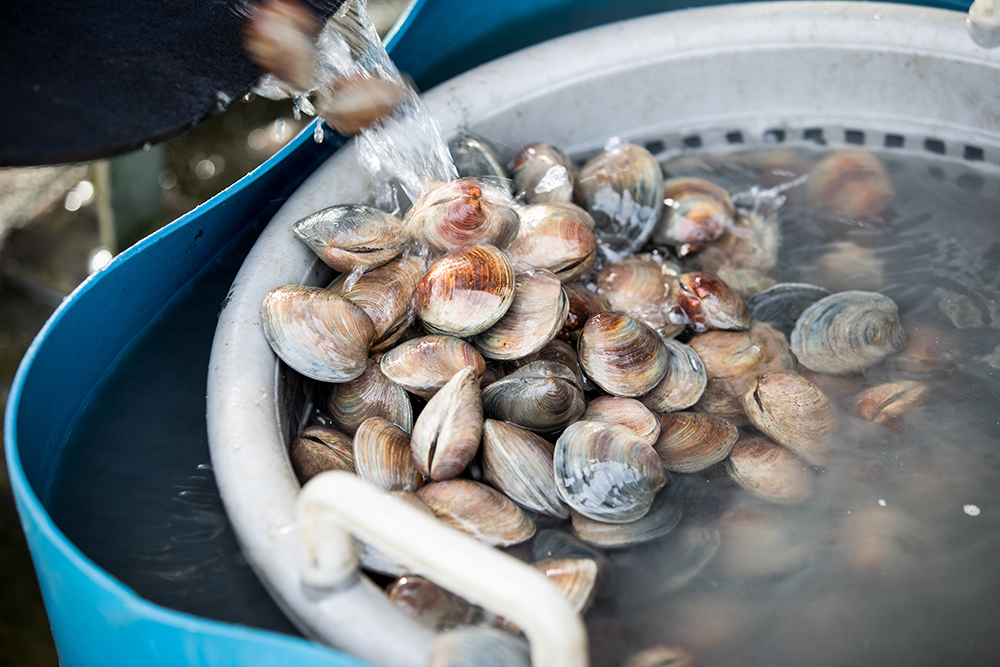Additional author: Mengmeng Gu, Professor, Colorado State University Department of Horticulture and Landscape Architecture.
This publication series was awarded a 2024 Blue Ribbon Extension Communication Award by the Southern Region of the American Society for Horticultural Sciences.
How does biochar play a role in a plant-disease system? Before a pathogen infects plants, biochar can improve plant growth by increasing water and nutrient uptake; a healthier plant may be more resistant to attack. On the other hand, after a pathogen infects plants, biochar could absorb the toxins, enzymes, and other compounds produced by pathogens.
Certain types of biochar could contain chemical compounds which is bad for pathogen growth. When incorporating this biochar into the substrate, the growth environment may become toxic to pathogens, so they cannot grow well enough to attack plants.
For instance, eucalyptus biochar water extracts were found to inhibit Pythium growth in a lab setting. This finding indicates that substrate containing certain chemical extracts may impede plant infection by inhibiting the growth of Pythium (Bonanomi et al., 2015). After a pathogen infects a plant, biochar’s porous structure can absorb the toxins, enzymes, and other compounds produced by pathogens. Many types of biochar can improve plant growth, making the host plant stronger to fight against pathogens, thus reducing disease occurrence.
For the full publication, click on the “View PDF” button above.
